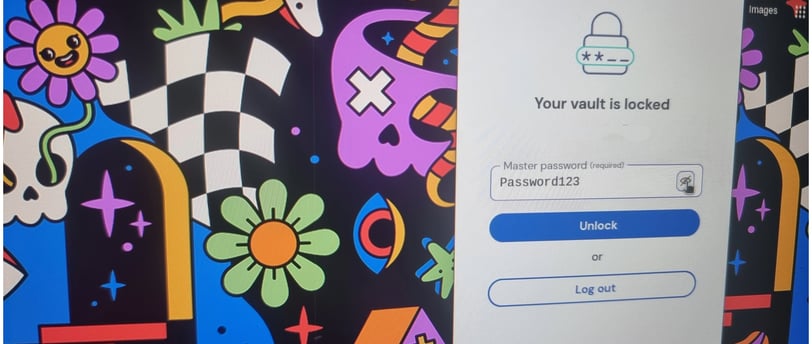Enhancing Online Security for Older Internet Users: Essential Practices for a Safer Digital Experience
Older internet users often began their online journey when cybersecurity was not prioritized, leading to the use of simple passwords that may still be in use today. As cyber threats have evolved, these outdated passwords can be compromised in milliseconds. To enhance their online security, older netizens should focus on creating strong, unique passwords, utilize password managers for secure storage and generation of credentials, and consider hardware authentication keys for added protection. Adapting to these practices is essential for safeguarding personal information in today’s digital landscape.
John Bizeray
11/12/20241 min read


The evolution of internet usage among older generations has been largely unplanned and organic. Many of these users began their online journey in the early days of the World Wide Web, when cybersecurity was not a primary concern for web application developers. As a result, these early adopters often created simple passwords that have remained unchanged for decades. Fast forward to the present day, and we find ourselves in a vastly different digital landscape. Cybers ecurity threats have become increasingly sophisticated, leaving many older internet users vulnerable to attacks. Passwords that may have seemed secure 20 years ago can now be cracked by modern hacking techniques in a matter of milliseconds. To address this growing security concern, it's crucial for older netizens to adapt and enhance their online safety practices. Here are three key areas where they should focus their efforts:
Choosing Strong Passwords
Older users need to learn how to create and use strong, hacking-resistant passwords. This involves:
Using a combination of uppercase and lowercase letters, numbers, and special characters
Creating longer passwords (at least 12 characters)
Avoiding easily guessable information like birthdays or common words
Using unique passwords for each online account
Utilizing Password Managers
Password managers are essential tools for maintaining online security. They offer several benefits:
Generating and storing complex, unique passwords for each account
Automatically filling in login credentials across devices
Securely encrypting stored passwords
Reducing the need to remember multiple complex passwords
Implementing Hardware Authentication Keys
For an additional layer of security, older users should consider using hardware authentication keys. These physical devices:
Provide two-factor authentication for online accounts
Offer protection against phishing attacks
Are not susceptible to remote hacking attempts
Can be used across multiple devices and platforms
By adopting these modern security practices, older internet users can significantly enhance their online safety and protect themselves from evolving cyber threats. It's never too late to learn new digital skills, and staying informed about the latest security measures is crucial in today's interconnected world.
Protect your identity by attending our free workshops
© 2024. All rights reserved.
